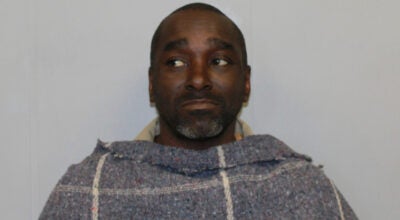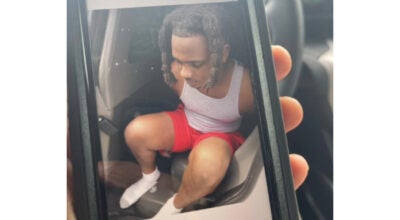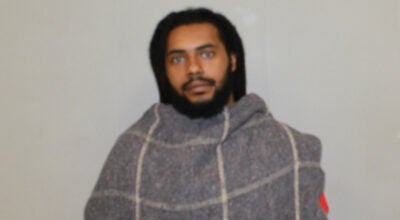Humane society meets with public
Published 12:04 am Wednesday, August 17, 2011
NATCHEZ — While the focus shifted from seeking solutions to finger pointing at times, some residents said they felt Tuesday’s open meeting of the Natchez-Adams County Humane Society was productive.
The result of the meeting was to nominate consultant Bill Furlow as a mediator between the board and members of the public in order create a business plan for building of a new animal shelter and the operation of the future NACHS shelter.
The board also announced plans to host an annual meeting for its members, which will include board member election, on Nov. 15, Vice President Nan Garrison said.
Four months ago former mayor Tony Byrne requested an open meeting of the board to address two main issues: the NACHS board’s operation methods and failure to follow its bylaws and hold elections; and what some donors saw as a sudden and misleading change in plans for a new animal shelter.
Four months and many public debates later the nine-member board and a crowd of more than 30 talked out some issues at a Tuesday night meeting.
Garrison said she originally opposed an open meeting because she thought airing arguments for the public would not be good for the nonprofit agency.
“I still don’t believe its in best interest to throw rocks,” Garrison said.
But Garrison said the board’s bylaws, which have not been altered since the 1970s, are in need of an update.
“(The bylaws) are so out of date. They have some things the humane society doesn’t need and (there are) lots of things (the document) does need that it doesn’t have.
Garrison agreed the board could be more effective if it included new members, perhaps ones with more pull in attaining funds from the Adams County Board of Supervisors and the Natchez Board of Aldermen.
Garrison said the board did not intentionally mislead donors into using plans formed by Vidal Davis or donated property.
She said the board waited too long to investigate the site. Once Garrison discovered the donated property and plans by Davis would not work because of drainage, maintenance expenses and other issues, Davis had already raised the money.
Garrison said engineers helped the board determine in August the site Davis proposed to build would not work well, and Davis approached the board with final plans and $565,000 in September.
She said the board’s inexperience with building a new shelter might have contributed to the miscommunication.
“We were wrong,” Garrison said. “We haven’t done this before. We were Monday morning quarterbacking — yeah.”
Davis said his concern has since shifted to finding solutions for the construction of a new shelter, which Byrne argued donors have a right to be informed about, as well as operational plans for a new building.
The current board allowed the shelter to become as unclean and crowded as it is today, Davis said, so they need to make changes so it does not continue to happen with the new shelter.
“It’s painfully obvious to me that it’s not going to work unless radical changes (occur), and change has to come from board members,” Davis said.
Garrison and board member Barbara Platt questioned whether other board members with more business sense would be willing to volunteer as much as they do and pick up dogs in the middle of the night.
She said the humane society euthanizes 65 percent of the animals that come through the door. But most people fail to realize that 40 percent of those killed are already about to die from illness, injury or abuse.
Davis said board membership requires fundraising solutions, record keeping and additional skills, not just volunteering.
“You can’t be the volunteer and the board member,” Davis said.
Davis said the humane society could not afford to turn down a $100,000 donation from an unnamed local businessman plus a 10-year commitment for maintenance.
Garrison said thought the donation was for $100,000 over 10 years. She said she thought the donation came with a condition that the board hire a shelter manager, which it could not afford to do with $10,000 a year.
Garrison and vocal attendees at the meeting conceded much of the issues between some members of the public, former board members who resigned and some members of the public were the result of a miscommunication.
Davis said he meant no personal harm to any board members, and while the two sides appeared to be arguing, it was likely because those involved were spirited and care about the society.
“Why can’t we have a debate on how to make things better?” Davis said. “Something good will come out of this.”





